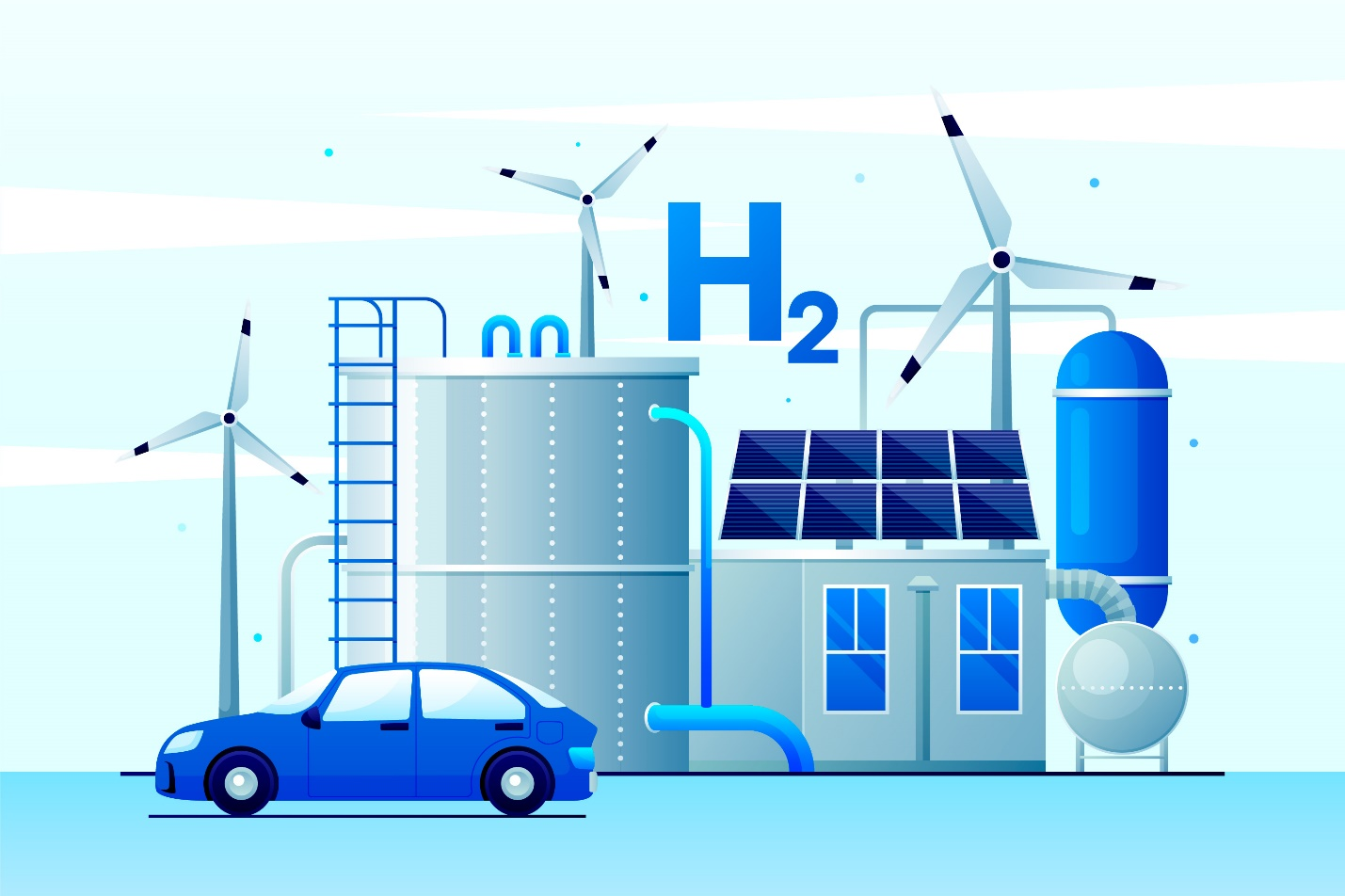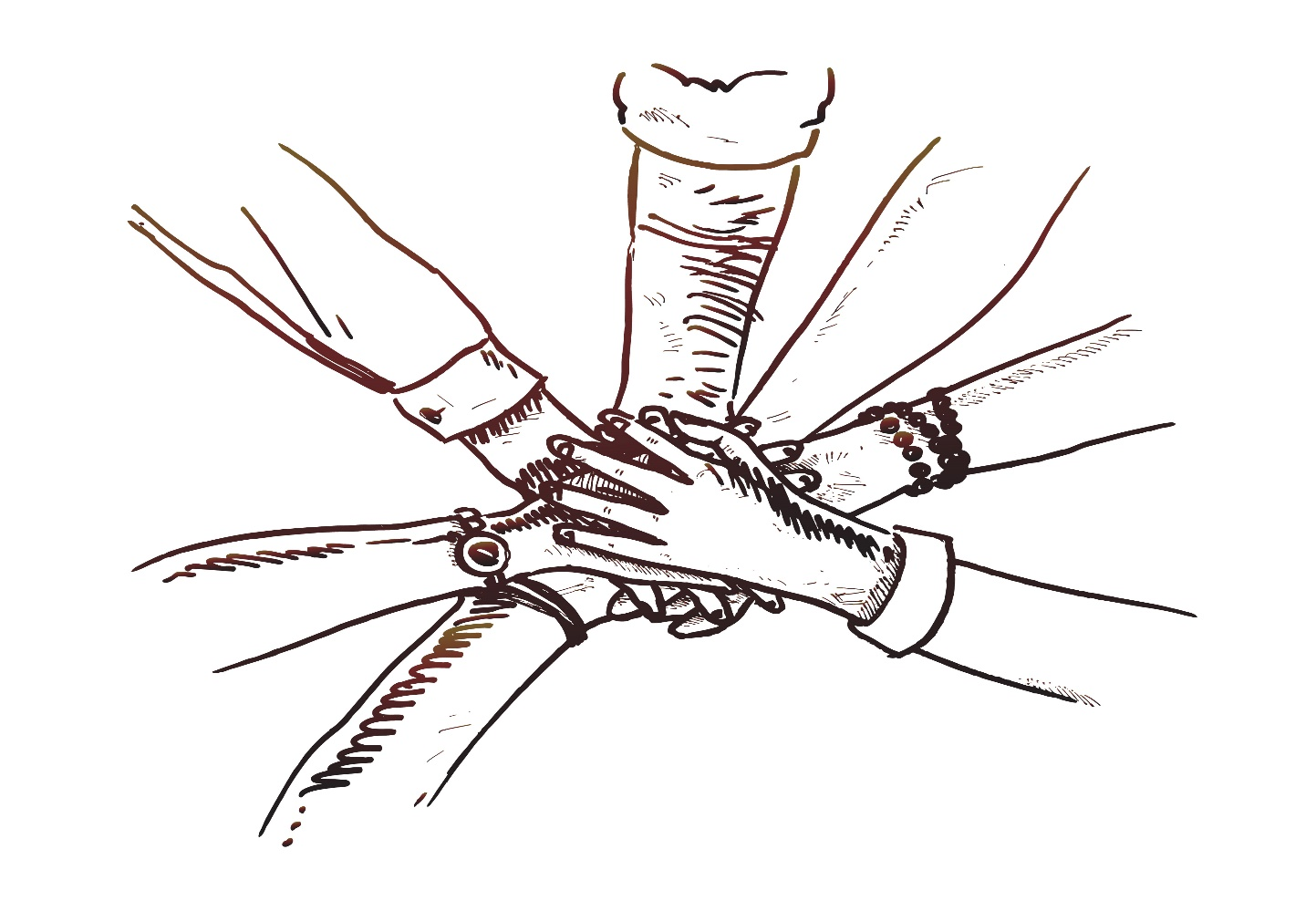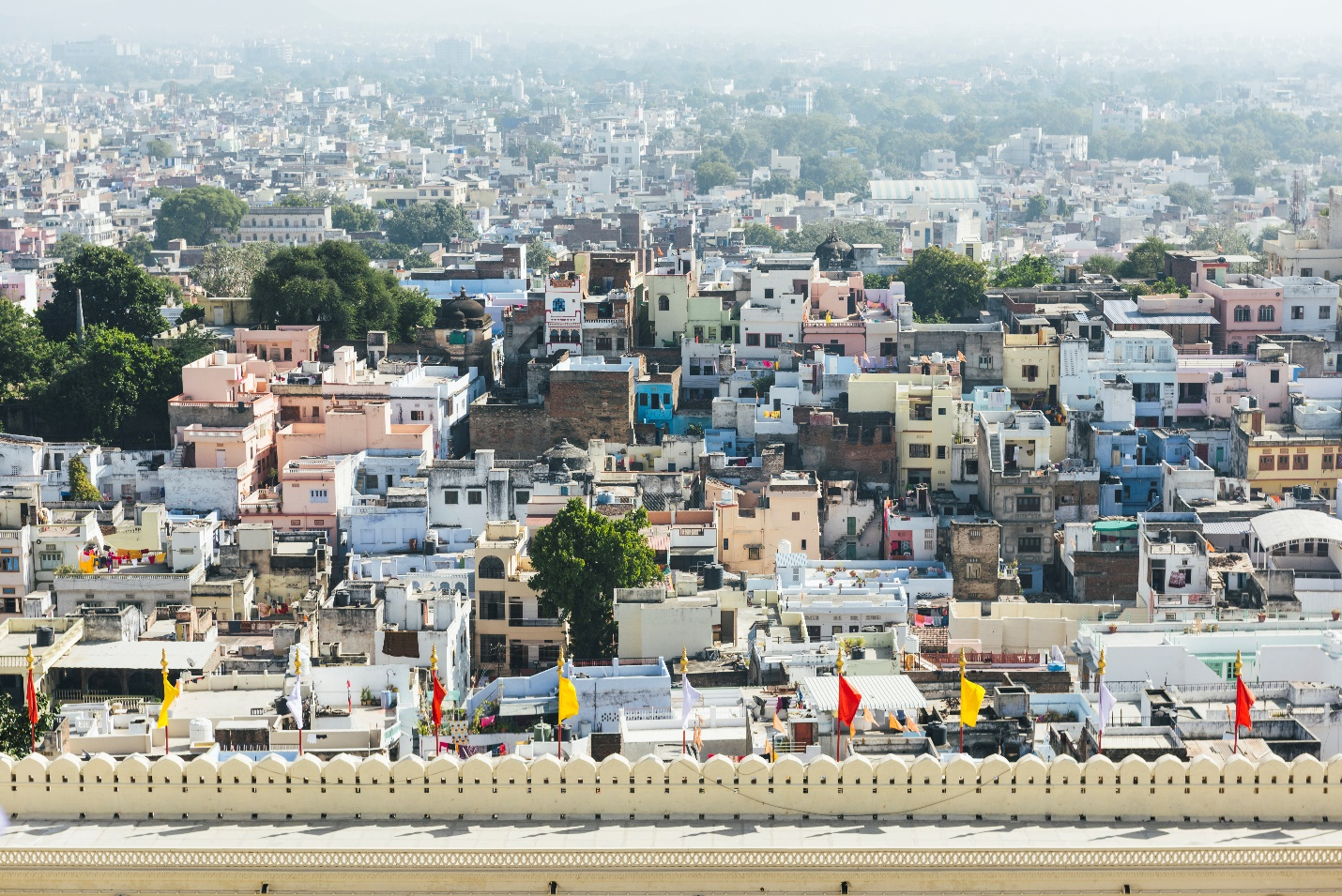Private sector has emerged as a key driver in the development of road infrastructure in India, supported by growing industrial activity and rising ownership of two and four wheelers. The Government’s policy of encouraging private participation has been a boon for the infrastructure industry, leading to significant adoption of the public-private partnership (PPP) model. As of November 2025, India has 1,883 total road projects, out of which 826 are under the Public-Private Partnership (PPP) model.
In a major step toward strengthening connectivity, the Union government has approved eight national high-speed corridor projects covering 936 kilometres at a cost of Rs. 50,655 crore (US$ 6.09 billion). Alongside, the government is promoting future-ready infrastructure with a pilot project worth Rs. 600 crore (US$ 68.64 million) to establish green hydrogen fuel facilities on 10 selected highway stretches. This initiative will evaluate the feasibility of hydrogen supply for commercial vehicles and set standards for fuelling and storage.
On November 17, 2025, the National Highways Authority of India (NHAI) invited bids for 52 highway projects in the current financial year, with 18 projects approved and a target to award 4500 km of projects and construct 5,000 km in FY26. This pipeline is expected to help achieve national highway construction targets.
Expansion plans are ambitious. India is preparing to upgrade 25,000 km of two-lane highways to four lanes at Rs. 10,00,000 crore (US$ 117 billion) and 16,000 km of four-lane highways to six lanes at Rs. 6,00,000 crore (US$ 69.93 billion). Detailed project reports are being prepared, with work expected to commence by 2027.
Vehicle demand continues to support growth. In FY25, India produced 31.03 million passenger vehicles, commercial vehicles, two-wheelers, three-wheelers, and quadricycles. In May 2025 alone, production stood at 2,582,207 vehicles, up from 2,455,637 in May 2024. Passenger vehicle sales rose to 2,012,969 units, with the Society of Indian Automobile Manufacturers (SIAM) noting resilience across segments despite headwinds.
During April-September 2025, the total production of passenger vehicles, commercial vehicles, three-wheelers, two-wheelers, and quadricycles in India reached 16.53 million units. Domestic sales for the same period were robust, with passenger vehicles selling about 20,51,082 units, commercial vehicles around 463,502 units, three-wheelers totaling 394,450 units, and two-wheelers leading with over 1,02,36,639 units sold. This performance reflects a strong automotive market driven by diverse vehicle segments across the country.
Increased vehicle use has contributed to record highway utilisation. FASTag collections in FY25 reached Rs. 72,931 crore (US$ 8.7 billion), a 12.5% increase from FY24. Growth was driven by higher traffic volumes, toll rate revisions, and the expansion of tollable networks. As of August 2025, the National Highway length stood at 146,204 km, with 5,614 km constructed against a target of 5,150 km for FY25. India now has the world’s largest road network of more than 6.62 million km, carrying over 70% of freight and 85% of passenger traffic. To further boost efficiency, 27 greenfield corridors spanning 9,860 km are under development, aligned with the masterplan for 2047.
Policy support has encouraged large-scale investment. Between April 2000 and June 2025, FDI inflows into the road sector stood at Rs. 1,36,460 crore (US$ 27.21 billion). The GST cut on construction equipment from 28% to 18% has also boosted the construction equipment market, valued at US$ 14.3 billion in 2024 and projected to reach US$ 29.5 billion by 2033 at a CAGR of 7.6%. The National Highways Authority of India (NHAI) has advanced its Asset Monetisation Strategy through models like Toll-Operate-Transfer (ToT), InvITs, and securitisation, raising more than Rs. 1.4 lakh crore (US$ 15.85 billion).
Urban and rural connectivity projects are also progressing rapidly. In August 2025, Prime Minister Narendra Modi inaugurated projects worth Rs. 11,000 crore (US$ 1.25 billion) in Delhi, including the Dwarka Expressway section. The Union Cabinet has approved Pradhan Mantri Gram Sadak Yojana-IV (2024–29) with an outlay of Rs. 70,125 crore (US$ 8.21 billion) for 62,500 km of rural roads connecting 25,000 habitations.
On October 29, 2025, the Union Minister of Road Transport and Highways, Mr. Nitin Gadkari, announced a plan to upgrade 25,000 km of highways focusing on smart, sustainable road infrastructure, emphasizing economic development, investment, and employment generation. The sector’s revenue is expected to grow from Rs. 55,000 crore (US$ 6.17 billion) to Rs. 1.4 lakh crore (US$ 15.70 billion) within two years. This includes upgrading two-lane highways into four lanes to improve logistics and reduce costs.
The North-Eastern Region has received special attention. Over the past decade, 16,125 km of National Highways have been developed in the region. As of December 2024, 190 projects covering 3,848 km and costing Rs. 82,452 crore (US$ 9.36 billion) were active. States like Assam, Arunachal Pradesh, Manipur, and Mizoram are leading construction activity under the Special Accelerated Road Development Programme for the North-East (SARDP-NE), which aims to connect all 88 district headquarters in the region.
Capital expenditure has reached record levels. NHAI spent Rs. 2,07,000 crore (US$ 24.79 billion) on highway construction in FY24, a 20% rise from the previous year. Under the Union Budget 2025-26, Rs. 2,87,333.3 crore (US$ 33.07 billion) has been allocated to the Ministry of Road Transport and Highways, while overall capital expenditure was raised to Rs. 11.21 lakh crore (US$ 129 billion).
By August 2025, India had completed 10,660 km of highways in FY25 and aims to exceed 10,000 km in FY26, with projects worth Rs. 3 trillion (US$ 33.97 billion) lined up. NHAI has also partnered with IIIT Delhi to use artificial intelligence for road safety and is developing digital highways with optic fibre cable infrastructure along major expressways, enabling 5G and 6G connectivity.
Financing models continue to evolve. National Highways Infra Trust (NHIT) raised Rs. 16,000 crore (US$ 1.92 billion) in InvIT Round 3, marking NHAI’s largest such transaction. Wayside amenities are being expanded, with 501 awarded and 94 already operational by April 2025, targeting more than 700 by FY29. Private companies are also stepping in, with Highway Infrastructure taking over toll operations on the Delhi-Vadodara Greenfield Expressway spur under a Rs. 18.96 crore (US$ 2.15 million) contract.
The scale of ambition goes beyond roads to multimodal connectivity. In January 2025, metro projects worth Rs. 12,200 crore (US$ 1.43 billion) were launched in Delhi. Union Minister Nitin Gadkari has said India’s road infrastructure will soon exceed that of the United States. He noted 360 proposals for ropeway and cable car projects valued at US$ 7.93 billion and highlighted the need for collaboration on more than 300 tunnel projects.
These efforts are aligned with the Gati Shakti-National Master Plan, which seeks integrated infrastructure development to generate employment and improve efficiency. CareEdge Ratings estimates India will require US$ 18-20 trillion in additional infrastructure investment over the next 25 years to achieve its vision of becoming a US$ 25-30 trillion economy by 2047. Already, Gati Shakti has prioritised 81 high-impact projects, with major expressways such as Delhi-Mumbai, Amritsar-Jamnagar, and Saharanpur-Dehradun taking the lead. With streamlined approvals, advanced technology, and a balance of public and private participation, India’s road infrastructure is on track to become the backbone of long-term economic growth.
India’s road infrastructure is entering a transformative phase, fuelled by record investments, technological innovation, and strong private participation. With large-scale expansion, green initiatives, and digital integration underway, the sector is set to redefine connectivity and logistics efficiency nationwide. As projects under the Gati Shakti Master Plan progress, India is well-positioned to build a world-class, sustainable, and future-ready road network that will power economic growth and strengthen its global competitiveness in the decades ahead.
Note: TOT - toll operate transfer, * - investments include Budgetary support, IEBR refers to Internal and Extra Budgetary Resources and constitutes the resources raised by the public sector units through profits, loans and equity and Private sector investments; according to Ministry of Road Transport and Highways, ^ - FDI in construction development Includes: Townships, housing, built-up infrastructure and construction-development projects













